Elevate: investing in the next generation
Our new Global Citizenship campaign concentrates the Firm's volunteering and charitable giving efforts on investing in youth through education, empowerment and employability

White & Case’s Global Citizenship initiative is a cornerstone of our Firm, and our 2023 pro bono and charitable work was driven by both passion and purpose. This review tells these stories and demonstrates what we can accomplish by focusing our knowledge and resources on the challenges of our time.
In the United States, our Racial Justice Task Force worked to seal decades-old criminal records for pro bono clients, enabling them to pursue better employment, housing and educational opportunities. Relying on a law that addresses sentencing disparities that disproportionately affect Black people, we secured freedom for individuals who had served lengthy sentences imposed when they were under the age of 25 years. Our externship program with Historically Black Colleges and Universities enabled students to work with us on racial justice pro bono matters.
Across conflict-torn regions, our lawyers advocated for asylum-seekers and other forced migrants. As the war in Ukraine continued, we helped eligible refugees obtain UK visas and began researching critical issues that included how Ukraine will finance its eventual reconstruction.
We also secured critical rights for girls. In the US, we helped end child marriage in three states and collaborated on draft legislation to change the federal laws that enable it. In Kenya, we structured a Development Impact Bond that funds sexual and reproductive health care for teenaged girls.
On the environmental front, our lawyers analyzed the constitutions of every country in the world to help ensure access to clean drinking water and sanitation as a human right. Our work also included designing a debt-for-nature swap in Southeast Asia, which will preserve hundreds of square miles of coral reefs.
We retained our focus on educating and empowering the next generation of legal leaders. Key initiatives included training Kenyan lawyers on developments in arbitration law and expanding our support of the Willem C. Vis International Commercial Arbitration Moot for law students in Africa, Central Asia and Eastern Europe.
Our efforts had tangible benefits for people around the world, and I am immensely proud of what we have accomplished together. Our work continues and evolves, grounded in the belief that the law can be a force for positive transformation on a global scale.
The Firm's first Global Citizenship campaign focuses Firmwide efforts to amplify impact
Our new Global Citizenship campaign concentrates the Firm's volunteering and charitable giving efforts on investing in youth through education, empowerment and employability

Highlights include the expansion of our Racial Justice Task Force and our efforts on behalf of asylum-seekers and refugees
Multipronged effort helps individuals disproportionately affected by our criminal justice system and addresses racial injustice
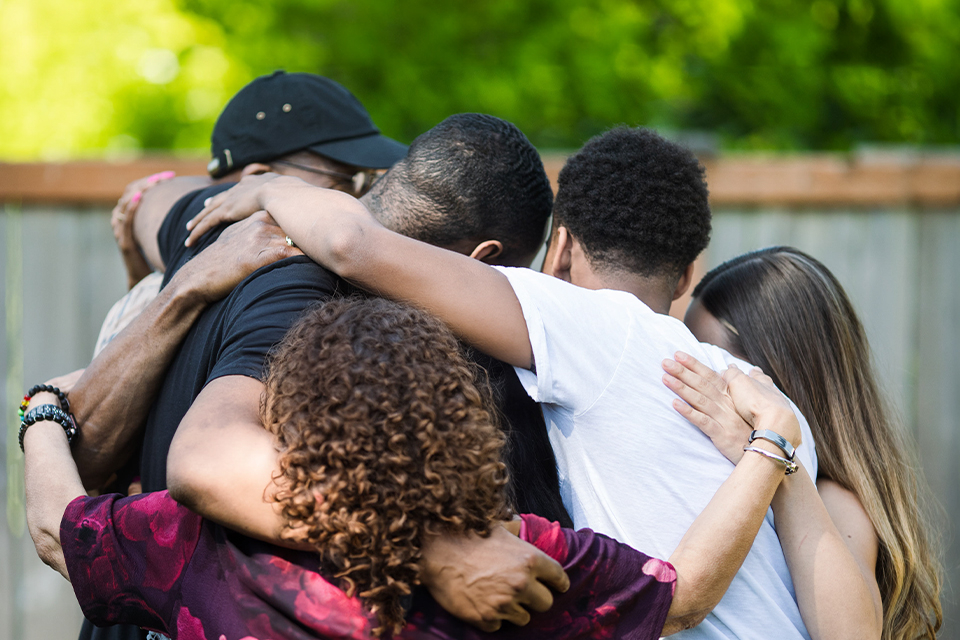
Our work focused on protecting women's rights and providing humanitarian assistance and legal aid for Ukraine
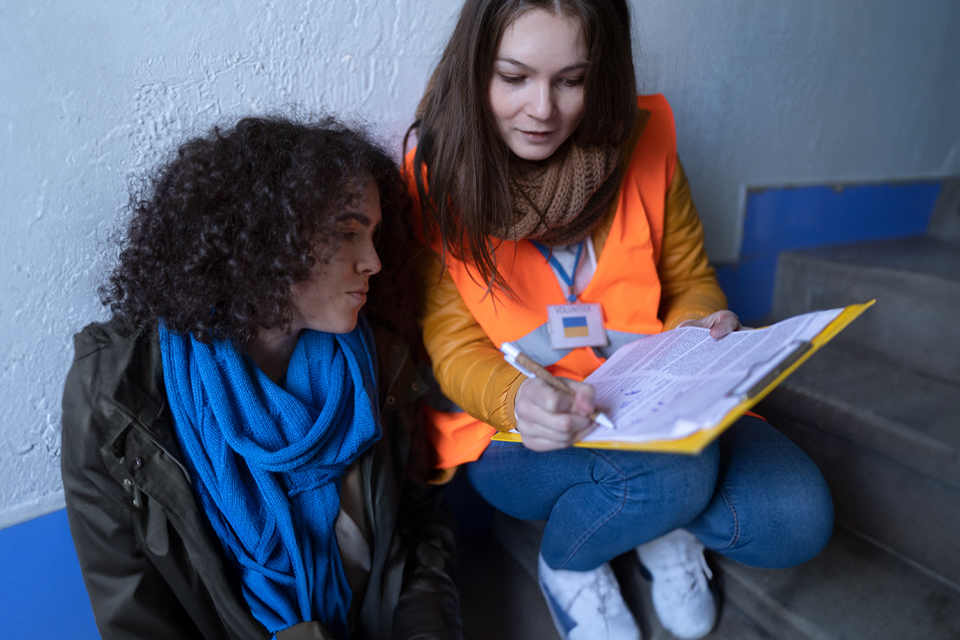
Structuring a Development Impact Bond that enhances reproductive health services for girls in Kenya
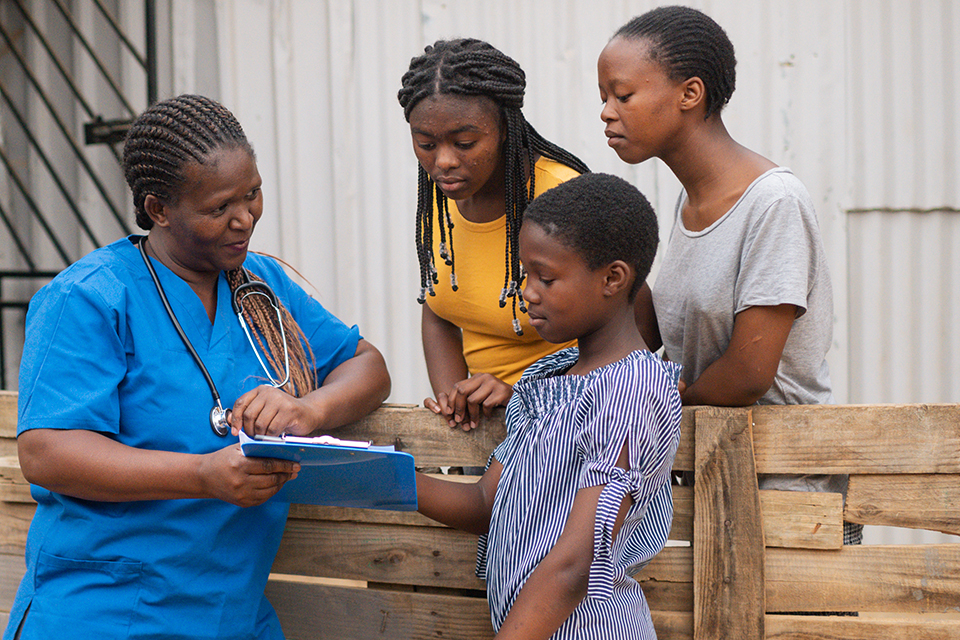
Momentum continues to build as we helped change laws in three more states, bringing the total to ten states
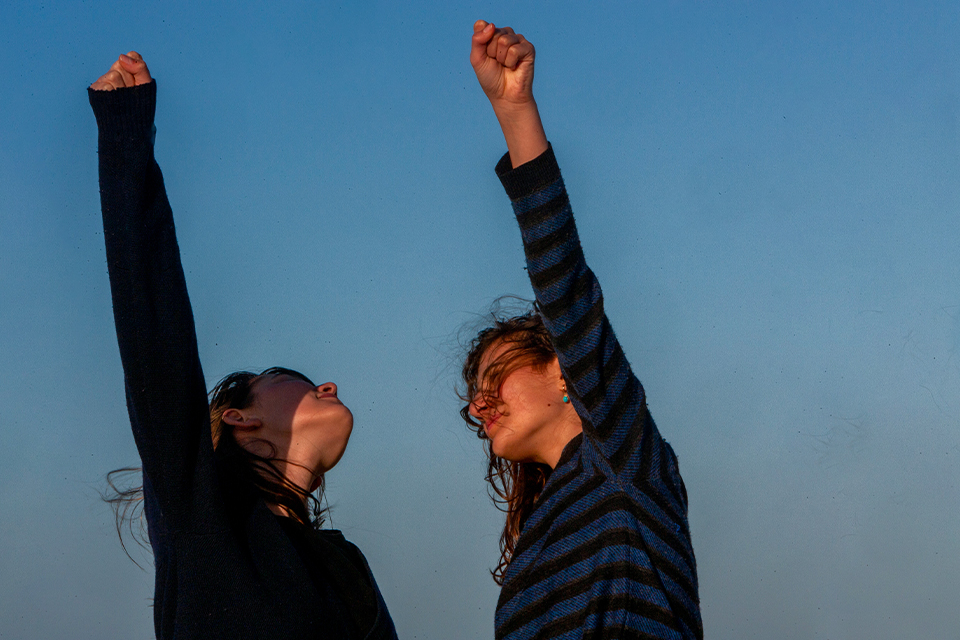
We used our legal skills to safeguard the human right to water and draft an innovative debt-for-nature swap
The Firm's latest debt-for-nature swap was among the first to tap into a newly reauthorized US law
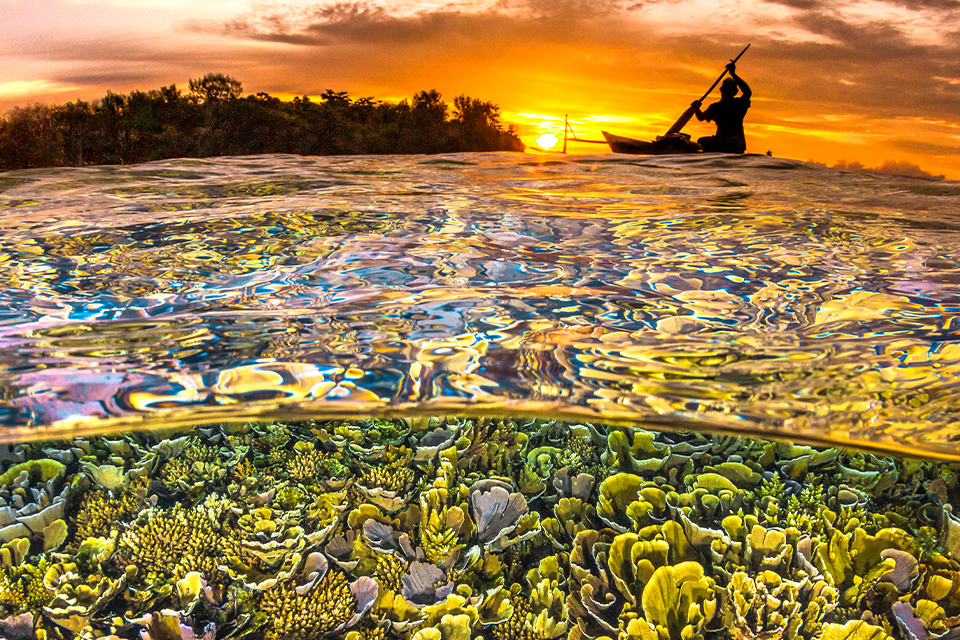
Our legal research for Human Right 2 Water helps push essential needs toward becoming legally protected human rights
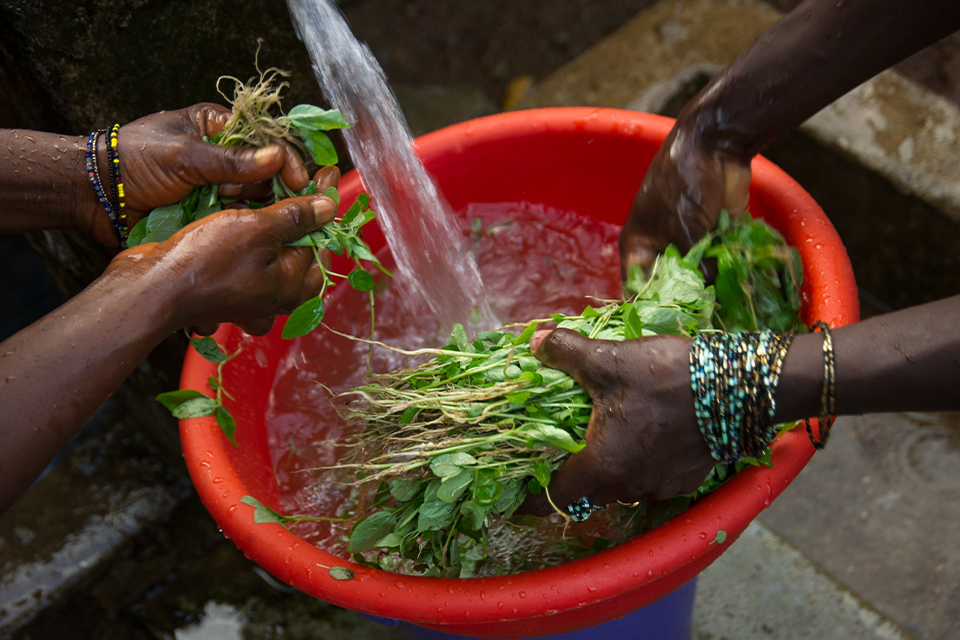
Building legal capacity by training practitioners and future lawyers in developing countries
The Firm expanded its Vis Moot training to students in Central Asia and Eastern Europe

The competition opens doors and shapes careers for many law students around the world
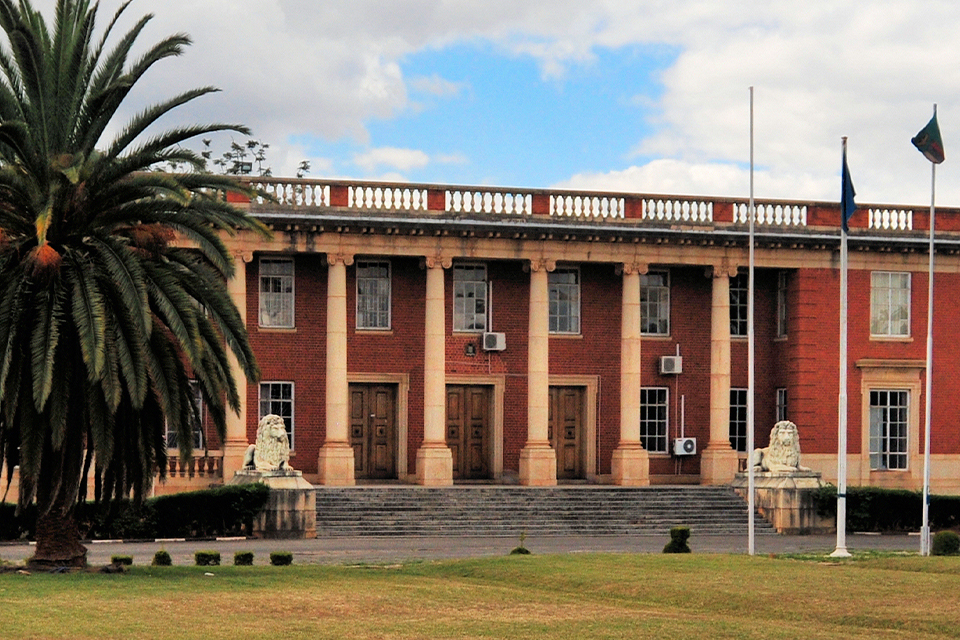
Training programs help Nairobi's push to become a preferred venue for dispute resolution
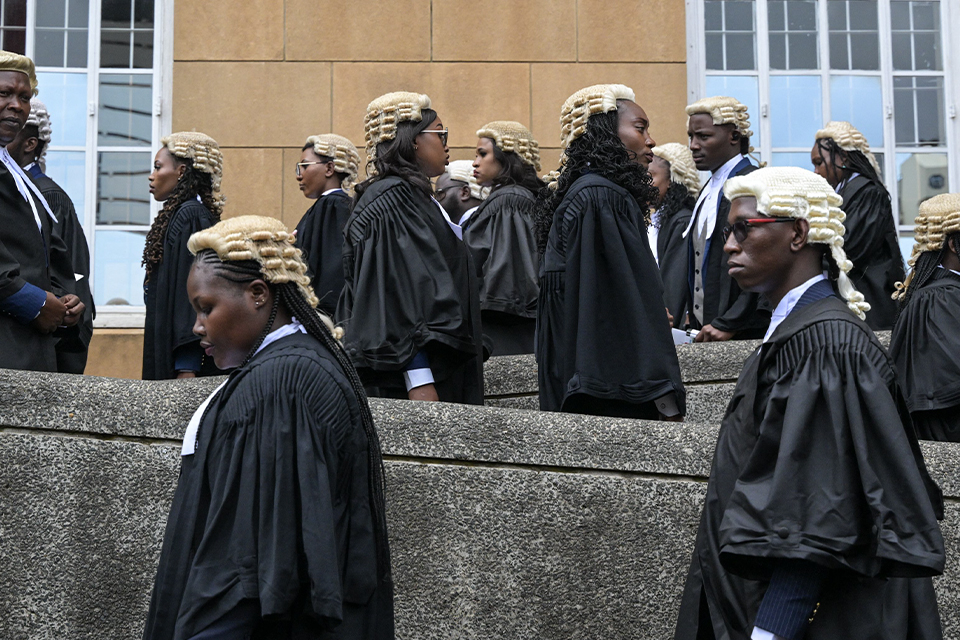
Our work focuses on providing access to justice, serving organizations with a social or environmental mission and promoting the rule of law and good sovereign governance
105,550pro bono hours in 2023
100k+ pro bono hours for the seventh consecutive year
100% of our offices and practices do pro bono work
125+ partners and counsel serve as pro bono leaders
800+ pro bono matters in 2023
Amazon and White & Case raise the bar on pro bono collaborations with four projects in 2023
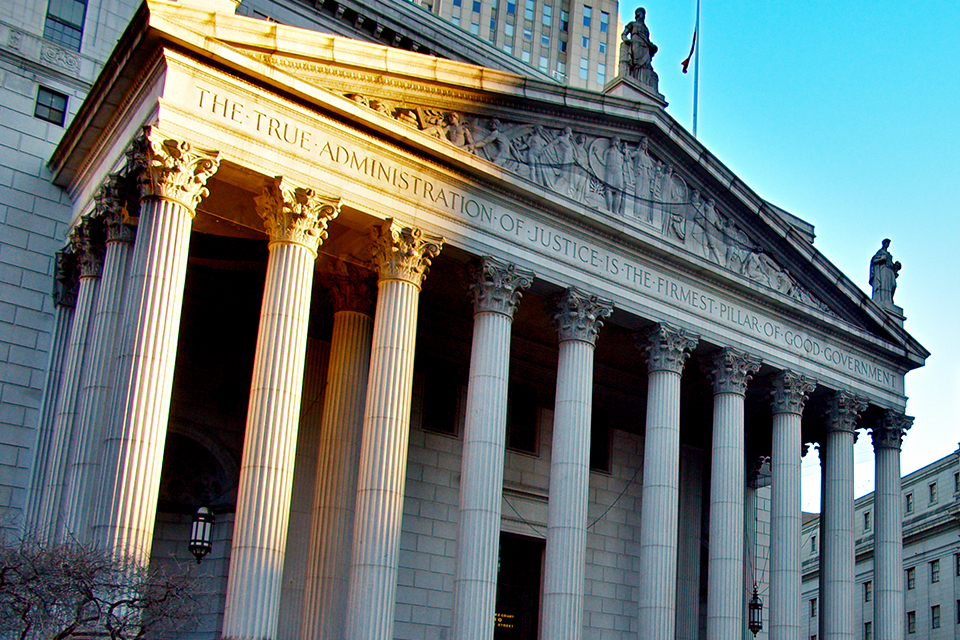
White & Case teams up with Jawun to support Australia's Indigenous communities
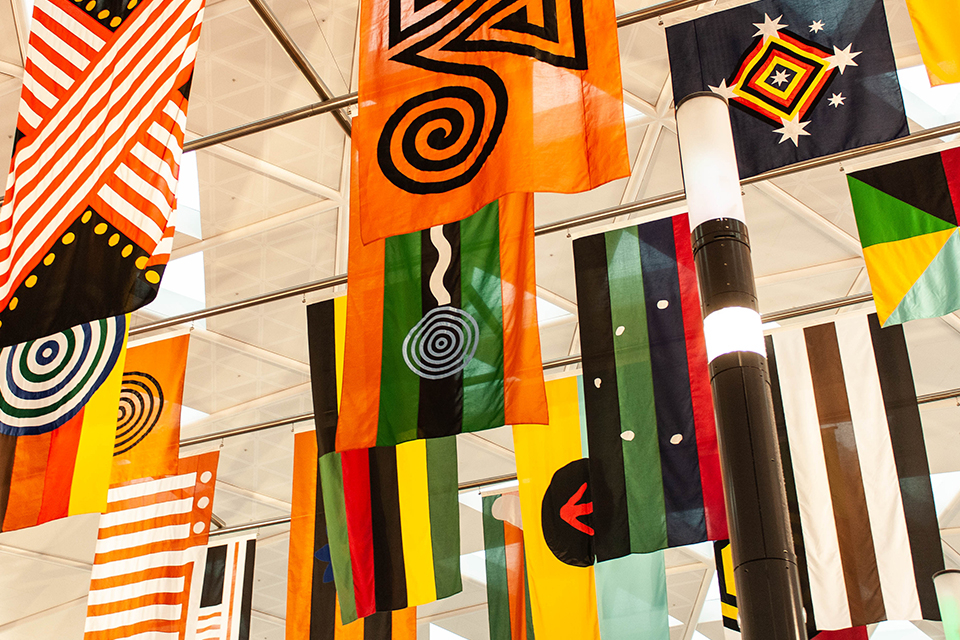
For more information about our commitment and activities, please visit our Global Citizenship web pages.
Photo by © Sinology / GettyImages
Sunset in a city park in China.

Structuring a Development Impact Bond that enhances reproductive health services for girls in Kenya
Measuring outcomes of development projects funded through traditional grantmaking is notoriously difficult. Many, if not most, of these grants—whether from governments, foundations, charities or other groups—contain provisos as to how the money should be spent, but the link between individual funding commitments and real-world results is not always clear.
Approximately ten years ago, several nonprofits and public and private-sector organizations created Development Impact Bonds (DIBs) to make measuring outcomes easier. Based in part on the UK government's Social Impact Bonds, the DIBs are a contracting mechanism that enables impact-driven investors to provide up-front funding for social programs, with their return on their investment dependent on the achievement of agreed-upon outcomes. Since their creation nearly a decade ago, only 24 DIBs have been launched in low- and middle-income countries, according to Devex, a media platform for the global development community.
In early 2023, a team of six White & Case lawyers and legal staff worked with the UK-based nonprofit Bridges Outcomes Partnerships to structure, negotiate and execute a DIB to fund sexual and reproductive health services for 15- to 19-year-old girls in Kenya. This matter was placed through our collaboration with the bespoke social finance pro bono support program Social Finance Hot Desk, which is an initiative of impact advisory firm Prime Advocates.
This DIB is one of the first in Kenya to address sexual and reproductive health. Despite broad awareness of contraception and HIV prevention/treatment, adolescents in Kenya face barriers to accessing quality care including social and financial constraints and the lasting effects of the Ebola and COVID-19 crises, which hampered the administration of sexual and reproductive health services.
The DIB's unique structure and performance measurement mechanisms, combined with the number of parties involved, made this a complex and rewarding project, according to London-based partners Melissa Butler and Anna Soroka, who led the deal. The DIB brought together:
The DIB launched in July 2023 and will continue for two years. The staggered funding is contingent upon Tiko meeting outcome-based criteria outlined in the DIB agreement. For example, two key milestones for receiving funding include achieving a specific number of girls who are using two or more HIV services, and a specific number who receive services and live in multidimensional poverty.
This was a complex and innovative transaction, with an intricate web of agreements between the various parties that required the full range of each lawyer's skills. The lawyers focused not only on the legal aspects but also on ensuring a smooth flow of the much-needed health services to the girls in Kenya.
According to Bridges Outcomes Partnerships and based on the DIB's measurement structures, the project had provided more than 230,000 types of health services to more than 150,000 girls as of December 2023, well above the DIB's goal of approximately 136,000 at the six-month mark.
Photo by © Wilpunt / GettyImages
A community nurse talks to teenage girls in an informal settlement in Africa.